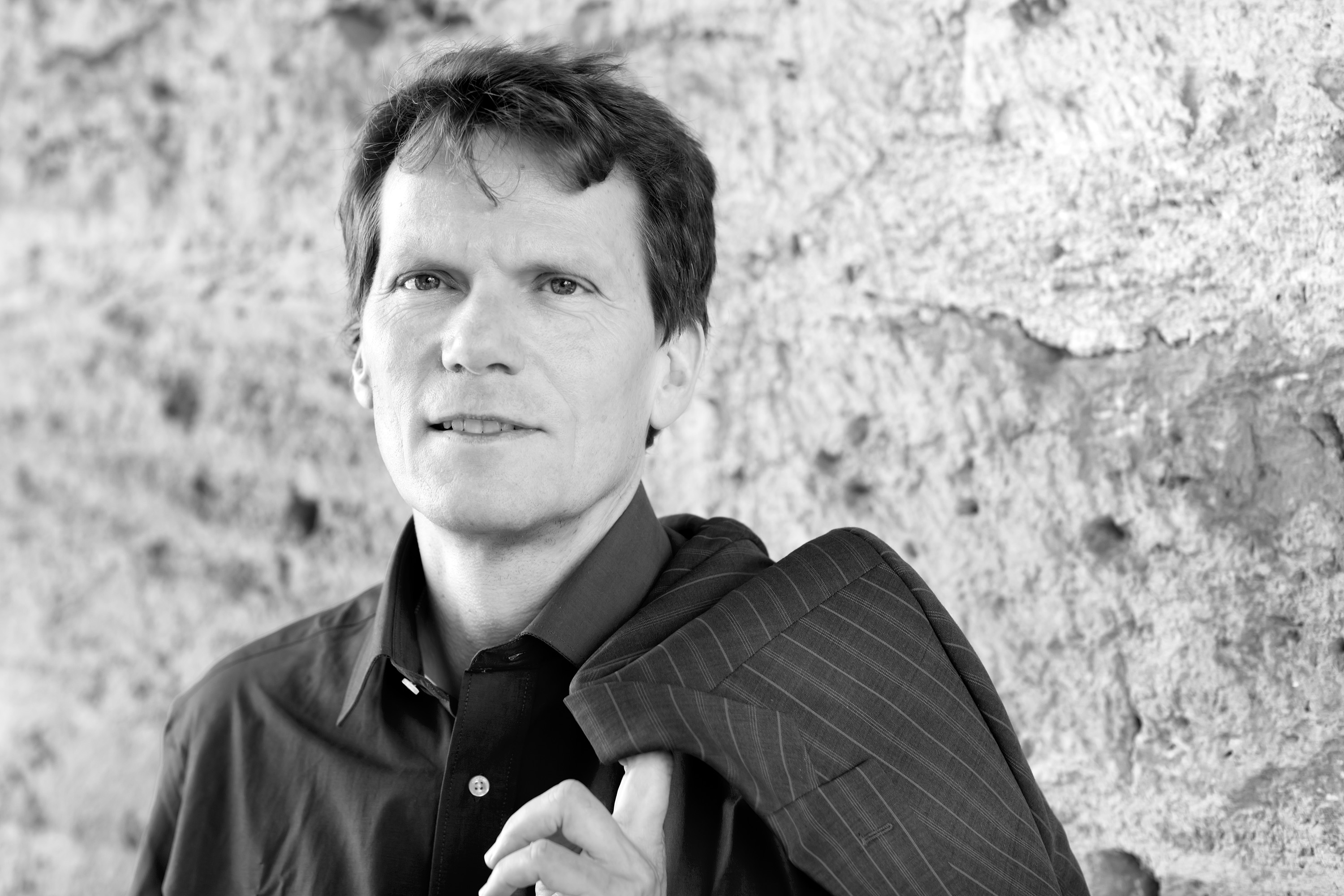
Hartmut Rosa: Annual John Urry Lecture 31 October 2019
John Urry Lecture 2019:
Social Acceleration, Dynamic Stabilization and the Desire for Resonance: A Structural and Cultural Analysis of Modernity.
Hartmut Rosa, Professor of Sociology at Friedrich-Schiller University in Jena, Affiliated Professor at the New School for Social Research in New York and Director of the Max Weber Center, University of Erfurt
31 October 2019, Lancaster University Management School Lecture Theatre LT4
Lecture 4:15 – 5:30 Tea/Coffee from 3:45 From 5:30 Wine Reception. Please register here.
Introduction by Stephen Wilkinson, Professor of Bioethics and
Associate Dean for Research for the Faculty of Arts and Social Sciences
The Lecture will put forward a somewhat overly schematic account of the core features of the present capitalist social formation (section 1), of the crises and pathologies it necessarily creates (section 2), and of a possible way to transform or revolutionize this formation in the sense of a cardinal change of paradigm (section 3). As an underlying assumption it takes for granted that we can only understand society’s fabric and its dynamics if we simultaneously look at its structural (‘objective’) features and its cultural (or ‘subjective’) underpinnings which provide the (motivational) energy for social life to process and evolve.
Therefore, in order to put forward the approach in the most straightforward and bold way possible, the line of argumentation developed in dialogue with John Urry’s theoretical, methodological and empirical insights, is this: 1) Structurally, capitalist modernity can be defined as a social formation which can only reproduce itself in the mode of dynamic stabilization, i.e. through growth, acceleration and innovation. 2) Culturally, this social formation is driven by the ‘Triple A Aspiration’, i.e. by the desire to make the world accessible, available and attainable to an ever larger degree. 3) Structurally, this leads to pathologies of desynchronization, while culturally, the triple-A-approach to the world leads to alienation. 4) Therefore, what is needed is a fundamental change of paradigm which structurally replaces dynamic stabilization with a mode of adaptive stabilization and which culturally replaces the triple A approach with a resonanceconception of the good life.
Hartmut Rosa is a Full Professor of Sociology at Friedrich-Schiller University in Jena, and an Affiliated Professor at the New School for Social Research in New York and Director of the Max Weber Center, University of Erfurt. His focus is on the sociology of time and the formation of identity. He is a Co-Editor of Time and Society and a Co-Director of the Annual International Conference Philosophy and the Social Sciences in Prague. In 2010, he published his bookAlienation and Acceleration. Towards a Critical Theory of Late Modern Temporality with NSU Press Malmö/Arhus. His book „Beschleunigung. Die Veränderung der Zeitstrukturen in der Moderne“ (Frankfurt: Suhrkamp 2005) was published in English through Columbia University Press in 2012.
The Annual John Urry Lecture is supported by Lancaster University, the Faculty of Arts and Social Sciences, and the Department of Sociology. It is organised by the Centre for Mobilities Research and the Institute for Social Futures at Lancaster University.
